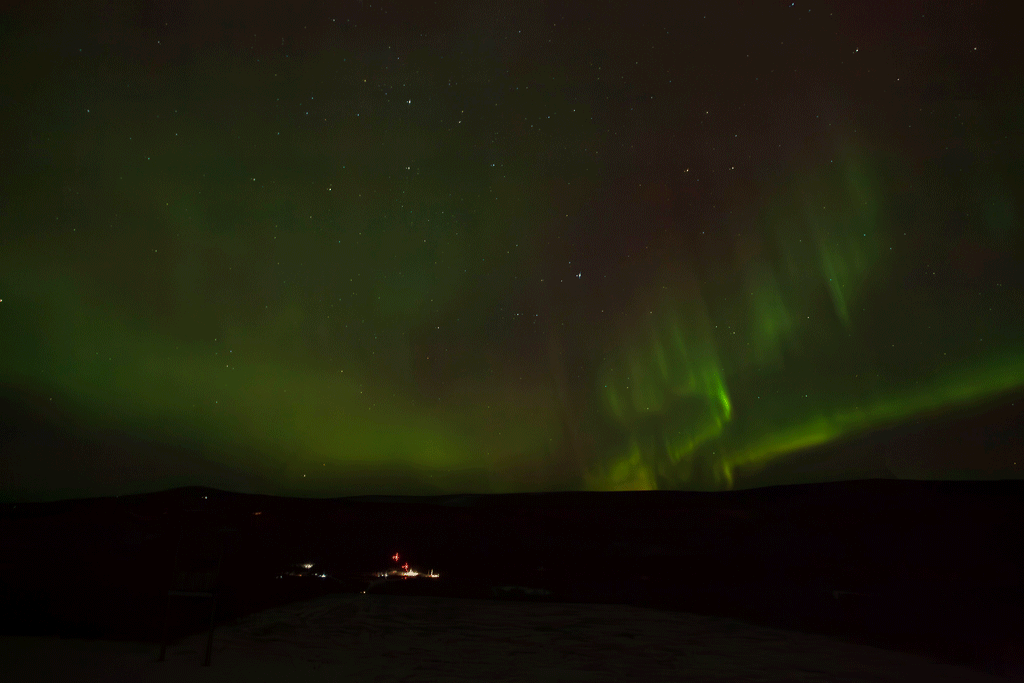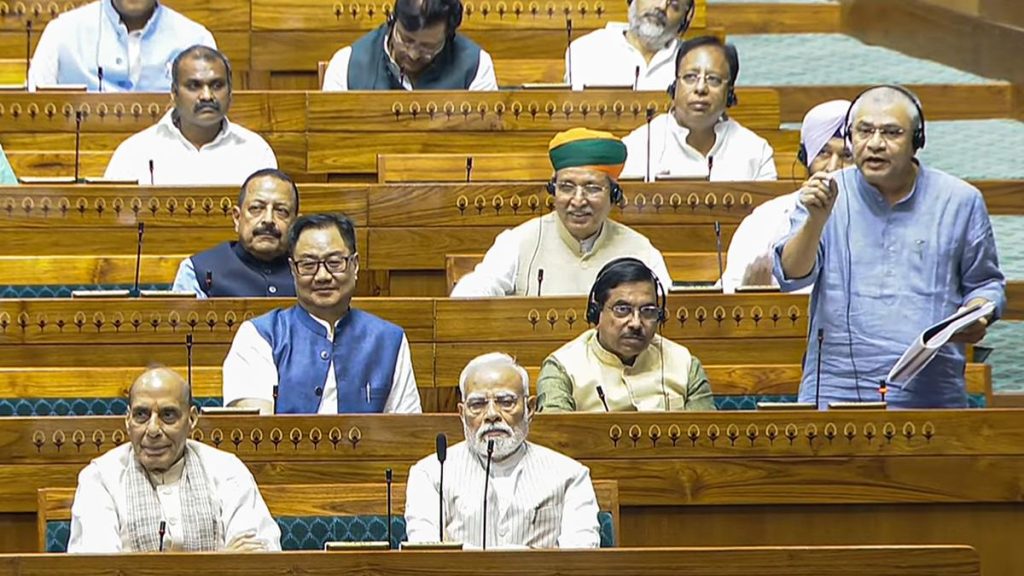Now Reading: NASA to Launch Three Rockets from Alaska for Aurora Study
-
01
NASA to Launch Three Rockets from Alaska for Aurora Study
NASA to Launch Three Rockets from Alaska for Aurora Study

speedy Summary
- NASA-funded rockets will launch from Poker Flat Research Range in Fairbanks, alaska, to study auroral substorms’ impact on Earth’s far upper atmosphere.
- The experiment could challenge existing theories about auroras interacting with the thermosphere and improve space weather forecasting.
- The mission, named AWESOME (Auroral Waves Excited by Substorm Onset Magnetic Events), involves one four-stage rocket and two two-stage rockets over a three-hour period. Launch window is March 24 to April 6.
- Colorful vapor tracers from the third rocket will be visible across northern Alaska during dawn hours for optimal observation conditions.
- UAF space physics professor Mark Conde leads the project alongside about a dozen graduate student researchers stationed across several sites in Alaska. NASA oversees rocket delivery, assembly, and launch logistics.
- A key goal of the experiment is understanding how auroral substorms distribute heat and drive vertical or horizontal air movement in the thermosphere – potentially validating acoustic-buoyancy waves as dominant forces over vertical-motion convection theories currently held by scientists.
- Better predictions of space weather effects can benefit satellite-reliant technologies such as GPS systems increasingly critical for modern applications.
indian Opinion Analysis
India’s growing dependence on satellite-based technologies like navigation systems (GPS),interaction networks,and defense strategically aligns its interest with advancements in global space science research like NASA’s AWESOME mission findings. By improving methods for predicting space weather disturbances caused by phenomena such as auroras,this research contributes significantly to safeguarding critical infrastructure that relies on uninterrupted satellite operation worldwide.
Historically active in collaborative scientific exploration through organizations like ISRO (Indian Space Research Organisation), India could gain indirect benefits from such experiments via shared datasets or enhanced modeling techniques that reinforce both national security and disaster-ready frameworks involving satellite assets.
while unrelated geographically – given India does not frequently witness polar auroras – progress in understanding atmospheric dynamics higher up can inform policies around mitigating interference risks critical for economic sectors reliant on precision timing signals delivered via satellites globally.
























